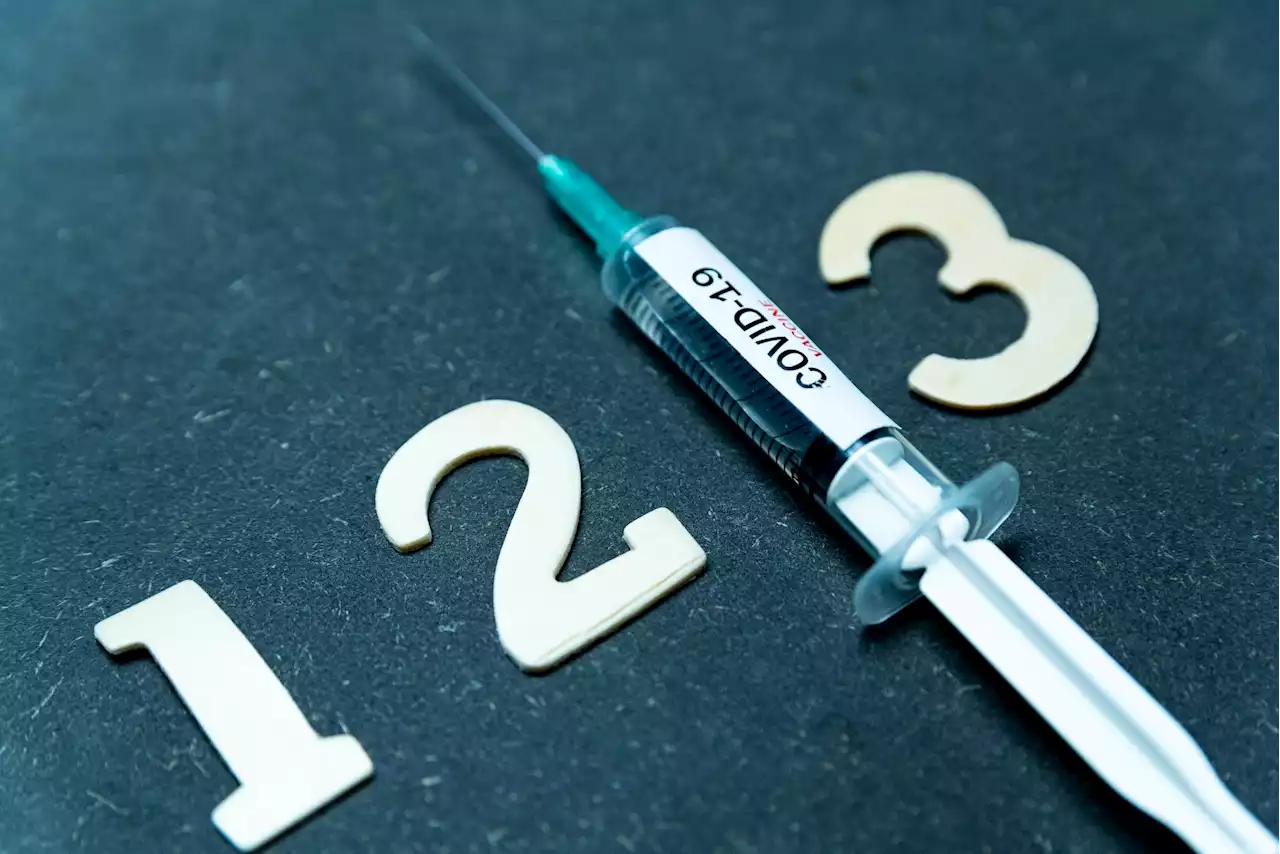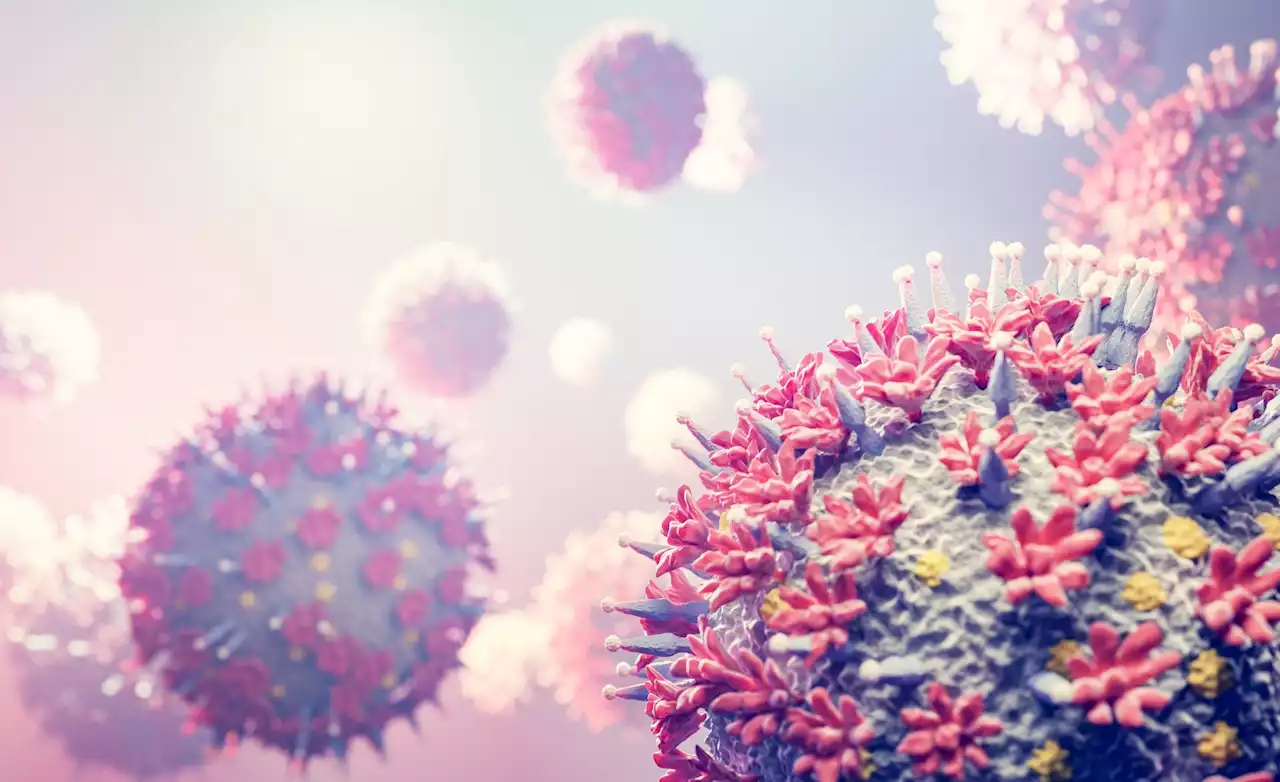Recent findings on original antigenic sin and SARS-CoV-2 jclinicalinvest ErasmusMC SARSCoV2 coronavirus covid COVID19 evolution immunity
By Neha MathurJan 13 2023Reviewed by Danielle Ellis, B.Sc. In a recent article published in The Journal of Clinical Investigation, researchers collated the findings of studies relating original antigenic sin with severe acute respiratory syndrome coronavirus 2 evolution. Furthermore, they showed the impact of this phenomenon on coronavirus disease 2019 outcomes and vaccine design.
Though the memory B and T cells also initiate a response to neoepitopes, B and T cell clones that offer broad protection against previously encountered and related infections are selected on priority by natural selection processes, a phenomenon termed immune imprinting. Immune imprinting progressively narrows immune response toward a new antigen.
Studies have evidenced that the antigenic evolution of SARS-CoV-2 spike resembles influenza HA, though both bind to different host cell receptors, angiotensin-converting enzyme 2 and glycans, respectively. Perhaps that distinguishes their speed of evolution and the rate at which emerging SARS-CoV-2 variants have incorporated them in their S proteins.
Antibodies eBook Compilation of the top interviews, articles, and news in the last year. Download a free copy Antigenic maps of SARS-CoV-2 variants have revealed that Omicron is currently the most distant lineage from Wuhan-Hu-1. Perhaps, this is why Omicron and its subvariants continue to escape vaccine-induced immunity. Thus, it appears to be one of the most important aspects to consider while designing next-generation universal vaccines against CoVs, including SARS-CoV-2.
On the other hand, hybrid immunity acquired by vaccination and infection raises the overall nAb titers that neutralize SARS-CoV-2 variants, including Omicron, compared with vaccination. Thus, mild breakthrough infections might offer adequate immune protection against circulating and future SARS-CoV-2 variants. However, relying alone on this protection poses risks for high-risk populations, such as immunocompromised individuals.
United Kingdom Latest News, United Kingdom Headlines
Similar News:You can also read news stories similar to this one that we have collected from other news sources.
 The protective effect of previous infections and vaccinations on SARS-CoV-2 Omicron infectionThe protective effect of previous infections and vaccinations on SARS-CoV-2 Omicron infection medrxivpreprint UniUtrecht radboudumc covid coronavirus covid Omicron infection vaccination
The protective effect of previous infections and vaccinations on SARS-CoV-2 Omicron infectionThe protective effect of previous infections and vaccinations on SARS-CoV-2 Omicron infection medrxivpreprint UniUtrecht radboudumc covid coronavirus covid Omicron infection vaccination
Read more »
 The impact of prior SARS-CoV-2 infection and vaccination on Omicron infectionThe impact of prior SARS-CoV-2 infection and vaccination on Omicron infection medrxivpreprint UniUtrecht SARSCoV2 COVID19 coronavirus covid Omicron infection
The impact of prior SARS-CoV-2 infection and vaccination on Omicron infectionThe impact of prior SARS-CoV-2 infection and vaccination on Omicron infection medrxivpreprint UniUtrecht SARSCoV2 COVID19 coronavirus covid Omicron infection
Read more »
 Study shows booster vaccinations against SARS-CoV-2 effective but protection wanes rapidlyA recent study posted to medRxiv* assessed the effectiveness of primary and booster vaccination against severe acute respiratory syndrome coronavirus 2 (SARS-CoV-2) in the Netherlands.
Study shows booster vaccinations against SARS-CoV-2 effective but protection wanes rapidlyA recent study posted to medRxiv* assessed the effectiveness of primary and booster vaccination against severe acute respiratory syndrome coronavirus 2 (SARS-CoV-2) in the Netherlands.
Read more »
 Bivalent boosters tested against all SARS-CoV-2 Omicron lineagesIn a recent study posted to the bioRxiv* preprint server, researchers in the United States assessed the impact of the bivalent messenger ribonucleic acid (mRNA) severe acute respiratory syndrome coronavirus 2 (SARS-CoV-2) vaccine on the antibody-mediated neutralization of the SARS-CoV-2 Omicron lineages.
Bivalent boosters tested against all SARS-CoV-2 Omicron lineagesIn a recent study posted to the bioRxiv* preprint server, researchers in the United States assessed the impact of the bivalent messenger ribonucleic acid (mRNA) severe acute respiratory syndrome coronavirus 2 (SARS-CoV-2) vaccine on the antibody-mediated neutralization of the SARS-CoV-2 Omicron lineages.
Read more »
 New research identifies natural compounds with pan-SARS-CoV-2 inhibitory activityScientists have recently conducted a cell-based high-content screening of over 300 natural compounds and identified three compounds with potent antiviral activities against SARS-CoV-2 and its variants.
New research identifies natural compounds with pan-SARS-CoV-2 inhibitory activityScientists have recently conducted a cell-based high-content screening of over 300 natural compounds and identified three compounds with potent antiviral activities against SARS-CoV-2 and its variants.
Read more »
 CNB-CSIC vaccine fully protects against SARS-CoV-2 infection of the brainIn a recent study published in the journal Nature Neuroscience, researchers in Spain described the effectiveness of a modified vaccinia virus Ankara (MVA) vector severe acute respiratory syndrome coronavirus 2 (SARS-CoV-2) vaccine candidate in protecting against SARS-CoV-2 infection in the brain using a mouse model.
CNB-CSIC vaccine fully protects against SARS-CoV-2 infection of the brainIn a recent study published in the journal Nature Neuroscience, researchers in Spain described the effectiveness of a modified vaccinia virus Ankara (MVA) vector severe acute respiratory syndrome coronavirus 2 (SARS-CoV-2) vaccine candidate in protecting against SARS-CoV-2 infection in the brain using a mouse model.
Read more »
